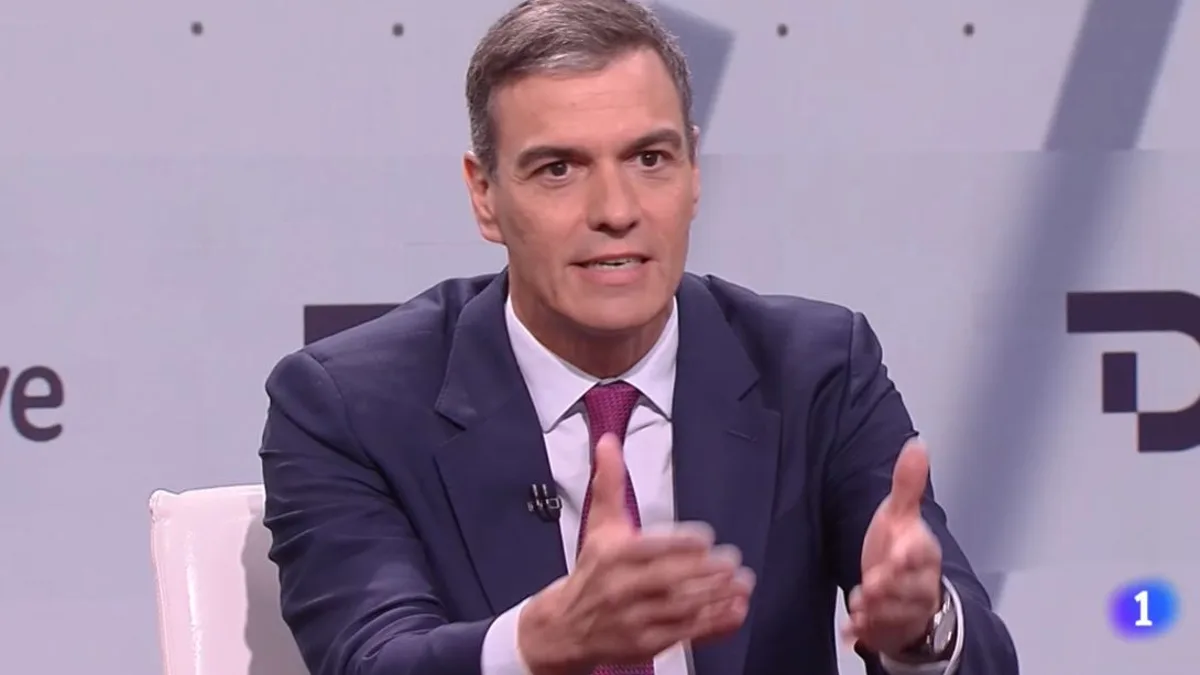By JOSE HERRERA, City News Service
More than 300 calls for service related to mental health crises have been diverted from LAPD officers to specialized clinicians and other non-law enforcement personnel as part of a new unarmed response pilot program, city officials announced on Wednesday, April 3.
In a news conference Wednesday, Los Angeles City Council members Monica Rodriguez and Bob Blumenfield, who led efforts to bring the program online, said the city’s pilot program is intended to provide targeted interventions for residents experiencing mental health crises.
Four years in the making, the program officially was launched March 12.
“There are residents that struggle with mental health crises in the city of Los Angeles,” said Rodriguez, who chairs the council’s Public Safety Committee. “As a result, we need to ensure that we have a comprehensive approach to how we respond to those individuals in moments of crisis.” Blumenfield said, “I’m really proud to stand with all of the members to launch our newest model of crisis response.”
Los Angeles City Councilmember Bob Blumenfield, speaks during a ribbon cutting ceremony for The Woodlands Family Shelter, a former hotel that’s been converted into a shelter to house homeless families in Woodland Hills, CA., Monday May 15, 2023. (Photo by Hans Gutknecht, Los Angeles Daily News/SCNG)
Rodriguez added, “It’s why we have been working very diligently to help convene a response that doesn’t require LAPD.”
The LAPD has a Mental Evaluation Unit — often deployed alongside officers — when responding to mental health-related calls for service, but the councilwoman said that system is “far oversubscribed.” She added that LAPD is not always able to “respond in a comprehensive manner that requires the level of support and sustained contact and outreach that many of these calls require.”
In a statement to City News Service, the Los Angeles Police Protective League’s Board of Directors said the union — which represents the LAPD’s sworn officers — has been supportive of unarmed response models for many years. The board added it was pleased that a “robust pilot” is being implemented to determine how best to safely replicate these types of responses citywide.
“If successful, officers who are currently being dispatched to mental health calls can instead focus on responding to, and reducing, violent crime, burglaries and auto-thefts as well as taking more guns off our streets. We eagerly await the results of this pilot,” the statement read.
City officials noted the 24-hour program has no end date as of now.
Officially known as the Unarmed Model of Crisis Response (UMCR), the program serves three LAPD jurisdictions: the Southeast, Wilshire and Devonshire divisions. It deploys teams of mental health professionals and workers from three non-profit, community-based organizations, and is supervised by licensed clinicians.
The city has several unarmed response programs, such as Mayor Karen Bass’ CIRCLE Program, which is also a 24/7 service that deploys trained teams to address non-urgent LAPD calls. The difference is that CIRCLE teams respond to calls related to unhoused individuals.
Additionally, Rodriguez said, “This one (UMCR) is trying to lead a more comprehensive approach in redirecting these resources.”
City officials also noted they implement the program in areas where a “gap” was identified — neighborhoods not being serviced by an unarmed response model. Officials also emphasized that three non-profits were able to more quickly begin their work in those areas.
“We are in the process of recalibrating all of our responses, including LAPD and the L.A. Fire Department, to make sure that people are getting the response that they need,” Rodriguez said. “This is about right-sizing the calls and making sure that we’re giving people the resources and the response that they need.”
UMCR personnel will typically respond to calls for service that have a social services component, do not involve violence, and are related to well-being checks, according to city officials. These calls for service can range from people experiencing homelessness; individuals suffering from a mental and/or behavioral health crisis; conflicts that could be resolved through mediation or other resolution strategies; and other low-acuity or non-criminal matters, city officials said.
They added that LAPD 911 dispatchers have been trained on which calls to divert to a “specially equipped, centralized dispatch center,” which will handle calls for all three organizations — Exodus Recovery Inc., Alcott Center and Penny Lane Centers.
The three non-profit organizations have been trained in matters of de-escalation, conflict resolution, substance abuse, cultural competency, and other areas of need, according to the city.
Leaders of the UMCR program will include a number of experienced professionals, who have been instrumental in the creation and operation of similar initiatives in smaller jurisdictions, such as the CAHOOTS program in Eugene, Oregon.
Naomi Novak, Penny Lane Centers’ senior director of Intensive Mental Health Services, said that just within the three weeks of the program, she “can’t ever remember going home especially after a 12-hour day feeling as excited and energized and proud of the impact” that they’re making.
Rodriguez said the city secured $9 million during the 2023-24 budgeting process to implement the program, also in due part to Blumenfield, who chairs the council’s Budget, Finance and Innovation Committee.
Blumenfield added that the city has allocated $15 million to create an Office of Unarmed Response, which would allow the city to expand its unarmed response models, and allow the city to deploy the right tools and response to aid Angelenos in crisis.
The Harvard Kennedy School’s Government Performance Lab and the Office of the City Administrative Officer will provide oversight of the program and implement changes as it evolves, officials said. Rodriguez said there are plans to expand the pilot in the future.





